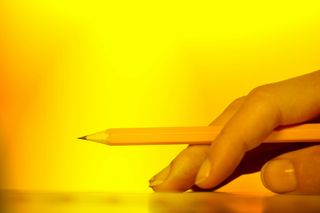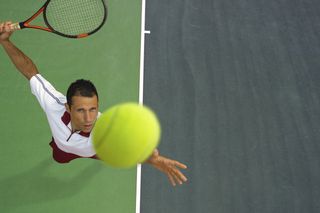Movement research
We are interested in questions and problems of human "movement". In doing so, we investigate the spatial, temporal and material conditions of different educational contexts. The processes of movement formation are viewed according to the biographical peculiarities of different sections of the résumé in the light of different theoretical approaches. On the basis of conceptual - systematic conceptual and theoretical work, questions relating to the connection between movement and education are examined empirically.
Continue

Research approach
As movement and sports pedagogues, we deal with movement phenomena and problems. We see our task in describing, analyzing and systematizing educational and educational realities as such. We take a neutral point of view to make the educational intentions accessible to a review in the mirror of observable, measurable and writable movement events. Literature: Lange, H. & Sinning, S. (2008). Sport didactic research. Facets of a bridge between teaching and research interests. In Lange, H. & Sinning, S. (ed.), Handbuch Sportdidaktik (pp. 133-151). Balingen: Spitta Verlag
More on this

Key issues
1) What is "movement"? 2) What is human "moving"? 3) How can "movement", how can "moving" be explained, understood and understood in the light of different theoretical approaches? 4) How important is "moving" as access to the world? 5) What is motivation to move and what is the basis of this motivation? 6) How can this desire be initiated, promoted, developed? 7) How are attractive learning spaces designed? 8) Which spatial ones and which temporal conditions affect the "moving"? 9) How are attractive and challenging movement devices developed? 10) What do we mean by movement formation? 11) What is and how does movement quality develop? 12) What is the connection between movement quality and technology ordered?
More on this

Understanding of movement
On the basis of systemic understanding of movement, connections between the movement and the education topic are established and systematically researched. The orientation towards the phenomenon of human "movement" and the discourse about human images takes on trend-setting functions on the theoretical level. In the application orientation, the focus is on the level of the (re) construction of methodological decisions and their justification. In this way, concepts for teaching and learning movements are developed, implemented and evaluated on both the micro and the macro level. In addition to the typical settings from the field of education (school, kindergarten, university, experiential education, etc.), we are also interested in movement education processes in the context of health care and competitive sports, as well as other fields in which people bring their best to the point.
More on this

